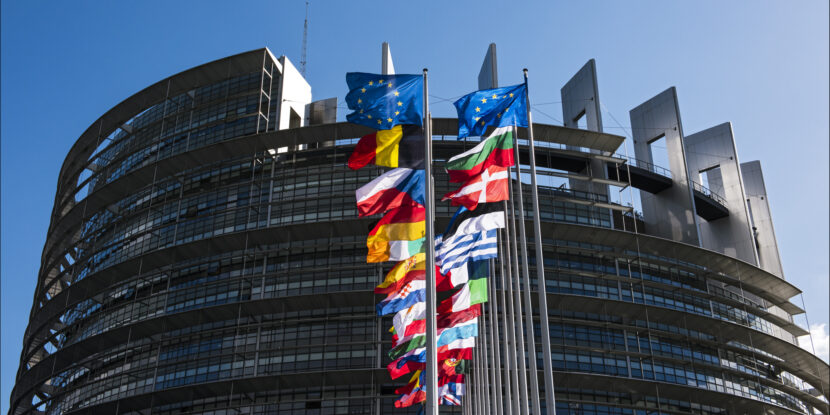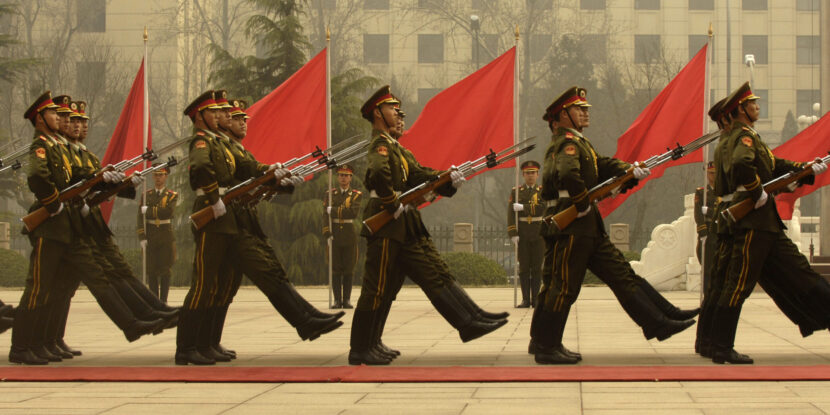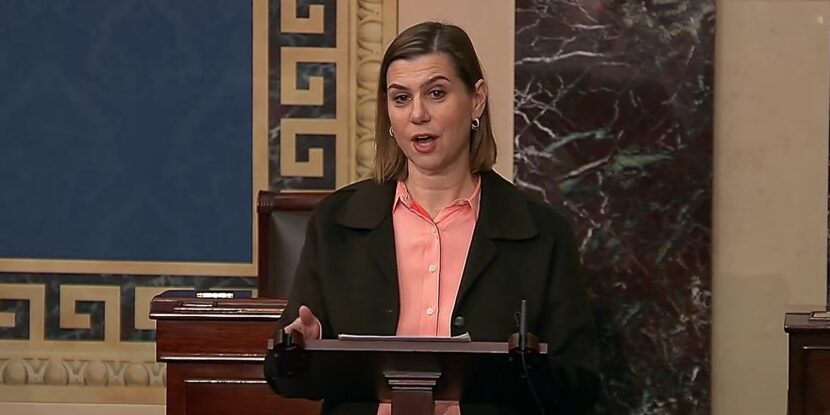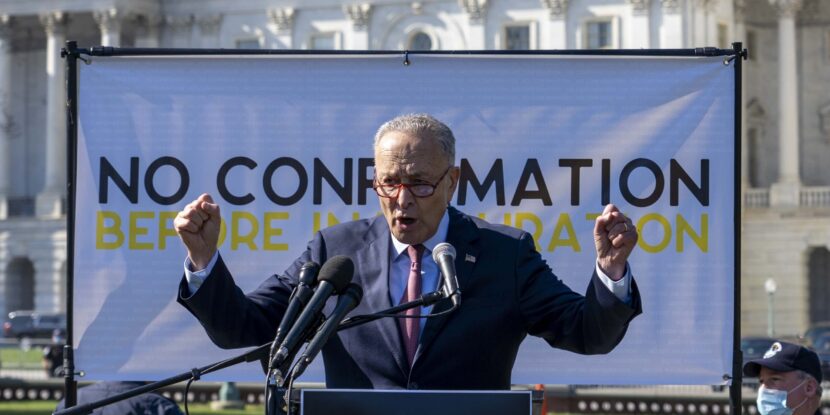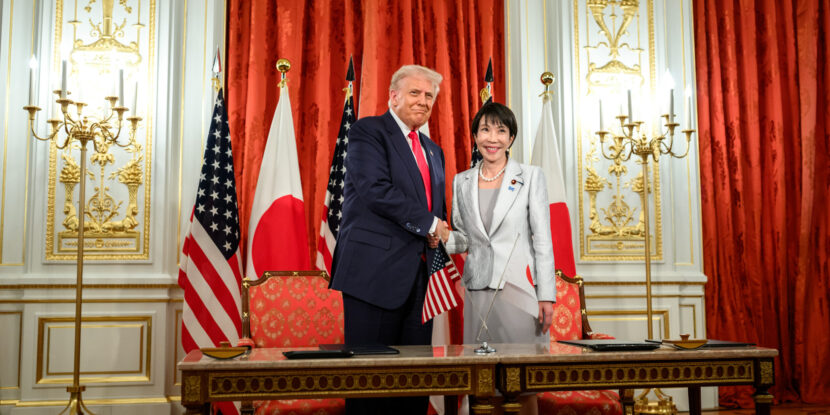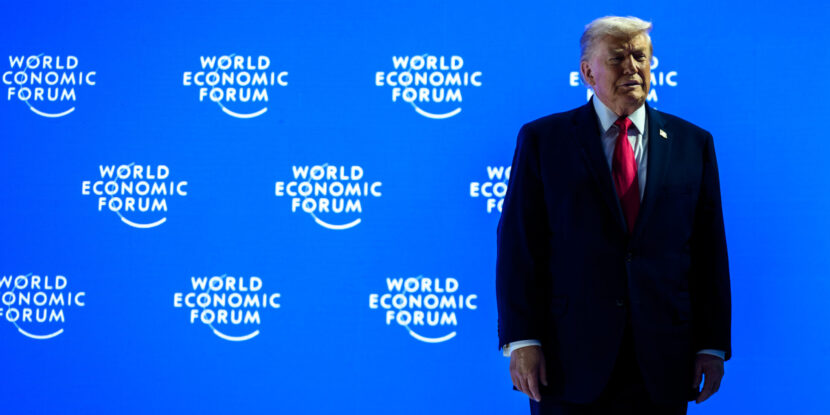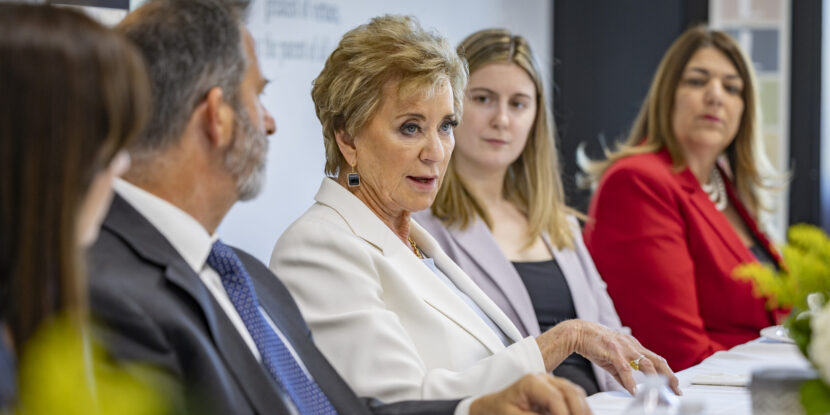Kaja Kallas, the European Union’s High Representative for Foreign Affairs and Security Policy, has attacked President Donald J. Trump and Vice President J.D. Vance for allegedly being “friendly” to Russia and echoing “Russian narratives and talking points” about the war in Ukraine. Kallas, a former Prime Minister of Estonia, also pushed back against Vice President Vance’s observations about the erosion of speech in the EU, claiming it is “one of the fundamental values of the European Union” despite speech restrictions being endemic across the bloc.
“It was very surprising. Why did he attack and say that we have a problem with freedom of expression when this is one of the fundamental values of the European Union? I refuse to accept that criticism because it’s just simply not true,” Kallas said of Vance’s remarks.
However, while “freedom of expression” is supposedly guaranteed by Article 10 of the European Convention on Human Rights, the Convention notes that freedom of expression is “subject to such formalities, conditions, restrictions or penalties as are prescribed by law and are necessary in a democratic society, in the interests of national security, territorial integrity or public safety, for the prevention of disorder or crime, for the protection of health or morals, for the protection of the reputation or rights of others, for preventing the disclosure of information received in confidence, or for maintaining the authority and impartiality of the judiciary.”
This has allowed European governments to introduce a range of restrictions on so-called “hate” speech, as well as de facto blasphemy laws protecting Islam. In some countries, including France and Germany, merely insulting politicians can result in criminal charges.
Kallas’s remarks come amid strained EU-U.S. relations, underscored by Secretary of State Marco Rubio’s abrupt cancellation of a planned meeting with her on Wednesday. The State Department attributed the move to “scheduling reasons,” but European diplomats suspect political motives from Trump’s team. “You have to ask him why he canceled,” Kallas complained to Axios.
“The statements made towards us are quite strong. The statements regarding Russia are very friendly. It is a change,” she said, saying of the Trump administration’s peace negotiations with Russia, “They can talk with Putin all they want, but in order for any kind of deal to be implemented, they need the Europeans, and if the Europeans or Ukrainians do not agree to this, then any deal would not work.”
“[Trump’s] statements regarding Europe are very strong, and the question is, why are they so strong? I mean, where is it all coming from?” she said.
